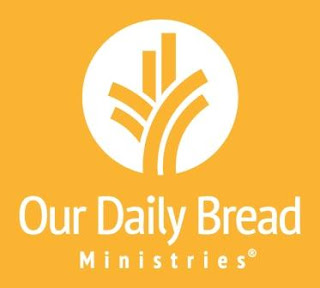Topic: Paying Attention— Monday August 28, 2017.
Read: Psalm 41:1–3, Bible in a Year: Psalms 123–125; 1 Corinthians 10:1–18
Blessed is he who considers the poor. Psalm 41:1 nkjv
John Newton wrote, “If, as I go home, a child has dropped a halfpenny, and if, by giving it another, I can wipe away its tears, I feel I have done something. I should be glad to do greater things; but I will not neglect this.”
These days, it’s not hard to find someone in need of comfort: A care-worn cashier in a grocery store working a second job to make ends meet; a refugee longing for home; a single mother whose flood of worries has washed away her hope; a lonely old man who fears he has outlived his usefulness.
Father, as we go through our day, show us the people who need our attention.
But what are we to do? “Blessed is he who considers the poor,” wrote David (Ps. 41:1 nkjv). Even if we can’t alleviate the poverty of those we meet along the way we can consider them—a verb that means “to pay attention.”
We can let people know we care. We can treat them with courtesy and respect, though they may be testy or tiresome. We can listen with interest to their stories. And we can pray for them or with them—the most helpful and healing act of all.
Remember the old paradox Jesus gave us when He said, “It is more blessed to give than to receive” (Acts 20:35). Paying attention pays off, for we’re happiest when we give ourselves away. Consider the poor.
Prayer: Father, as we go through our day, show us the everyday folks who need our attention. Grant us the love and the patience to truly consider them, as You have so patiently loved us.
Only a life given away for love’s sake is worth living. Frederick Buechner
Insight:
This psalm is a touching reminder of God’s heart for the suffering and an invitation for His people to share in His compassion. Many have speculated about the details of the psalm. Some suggest the scheming and painful betrayal detailed in verses 5–9 fit with the period of David’s life when his son Absalom attempted to steal the throne, a rebellion supported by David’s counselor Ahithophel. In the New Testament, Jesus applied the psalm to Himself in reference to Judas’s betrayal (see John 13:18).
The psalm’s opening verses introduce the foundation for compassion—God’s own heart, which is so focused on the poor and suffering that His blessing rests on those who care about them (vv. 1–3). The word weak or poor (v. 1) includes connotations of poverty, weakness, and helplessness. When we “consider” (v. 1 nkjv) the poor, we follow the example of Jesus—who had such compassion that He Himself became poor for us, leaving heaven to live among us as a human (2 Cor. 8:9).
This message was written By David H. Roper [Our Daily Bread Ministries.]
(adsbygoogle = window.adsbygoogle || []).push({});


